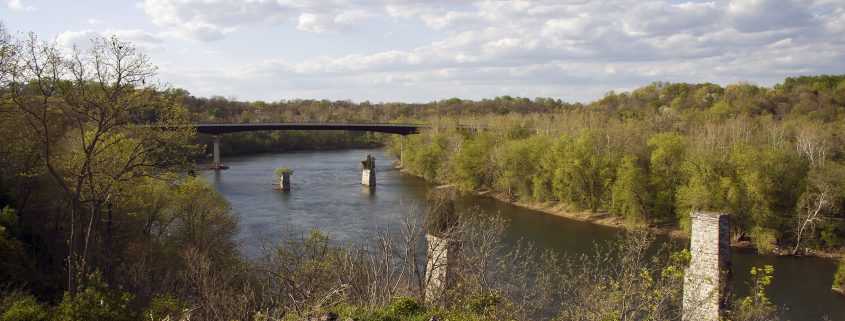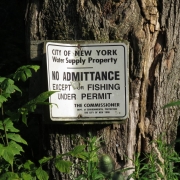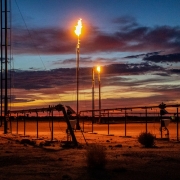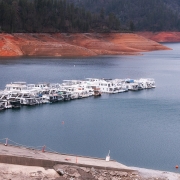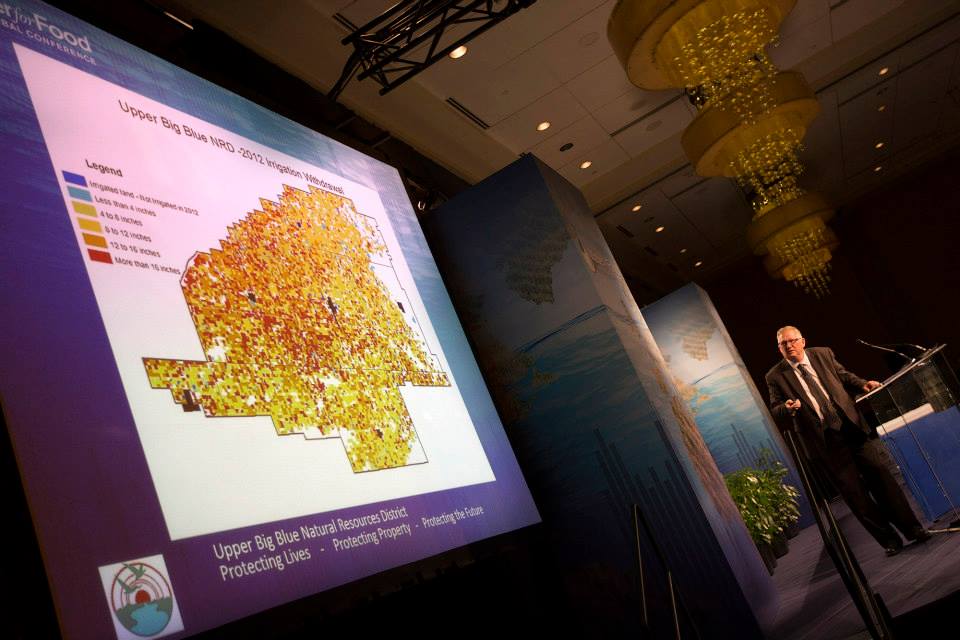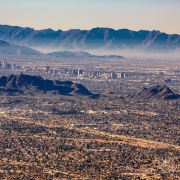Potomac River Agreement Reached By West Virginia, Maryland
Neighbors come to terms on river water permits.
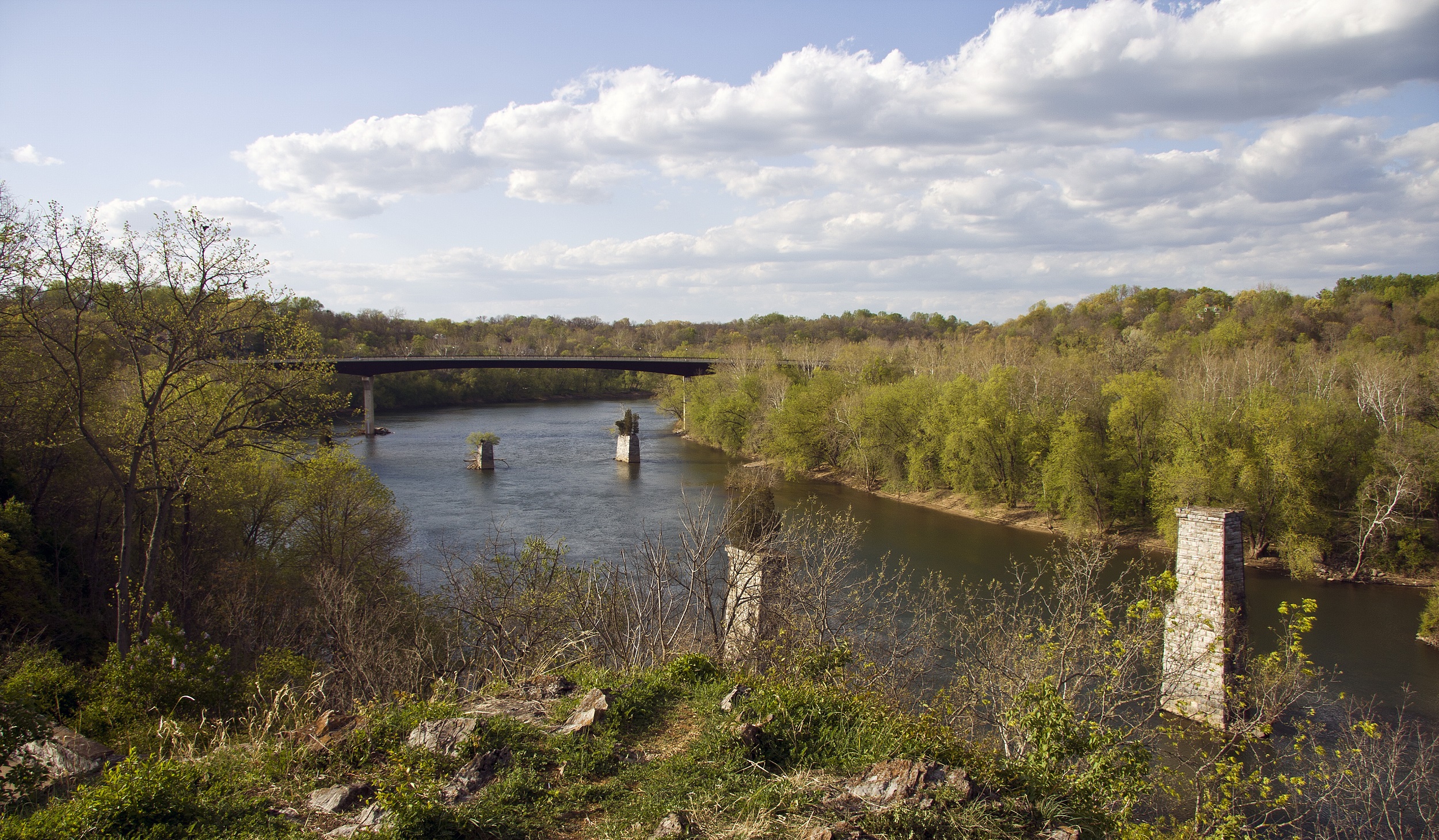
The Potomac River near Shepherdstown, West Virginia. Photo via Wikimedia Commons
By Brett Walton, Circle of Blue
West Virginia’s attorney general says that a lawsuit over the authority to withdraw water from the Potomac River will not be necessary after Maryland officials agreed to relinquish control of the permitting process.
“I welcome Maryland’s willingness to cease its efforts to regulate West Virginia’s use of the Potomac River,” Attorney General Patrick Morrisey said in a statement. “Its unequivocal acknowledgement of West Virginia’s right to the river represents an important step in protecting residential and commercial development in a rapidly-growing part of our state.”
West Virginia anticipates that water demand in Berkeley County, which borders the Potomac, will increase by 50 percent within two years, to six million gallons per day. Proctor and Gamble is opening a manufacturing facility in the county, which is expected to add 700 jobs and spur residential growth.
In acknowledging West Virginia’s right to issue its own permits, Maryland officials urged its neighbor to protect the river for all users by instituting a regulatory system and invited its participation in basin water planning.
“It takes teamwork to protect an interstate river and a national treasure,” Ben Grumbles, Maryland environment secretary, said in a statement. “It also takes regulatory protections and a recognition that in a sense we all live downstream. We’re glad West Virginia is now stepping up to manage water use in its state. We will continue to offer assistance and expertise to our upstream partners and strongly encourage them to join in our efforts with the Interstate Commission on the Potomac River Basin.”
State collaboration and clashes over rivers, a common occurrence in the American West, are becoming an increasingly urgent matter east of the Mississippi, where legal battles over water availability have increased in recent years. A lawyer appointed by the U.S. Supreme Court to oversee a lawsuit between Florida and Georgia over a shared watershed asked the sides to settle during his closing remarks on December 1.
The origin of the Potomac dispute dates to a 1785 compact between Maryland and Virginia that granted the states the right to build wharves, docks, and other structures into the river. West Virginia was not yet a state at that point. By tradition, Maryland took charge of issuing permits for Potomac water withdrawals and approved every request until 1996, when the Fairfax County Water Authority, which serves the northern Virginia suburbs, applied to the Maryland Department of the Environment for a 725-foot-long water intake. Maryland refused the request.
Virginia sued for the right to withdraw from the river, and the U.S. Supreme Court ruled in its favor in 2003. By threatening a lawsuit, West Virginia sought the same authority, which it has now earned.
Brett writes about agriculture, energy, infrastructure, and the politics and economics of water in the United States. He also writes the Federal Water Tap, Circle of Blue’s weekly digest of U.S. government water news. He is the winner of two Society of Environmental Journalists reporting awards, one of the top honors in American environmental journalism: first place for explanatory reporting for a series on septic system pollution in the United States(2016) and third place for beat reporting in a small market (2014). He received the Sierra Club’s Distinguished Service Award in 2018. Brett lives in Seattle, where he hikes the mountains and bakes pies. Contact Brett Walton

